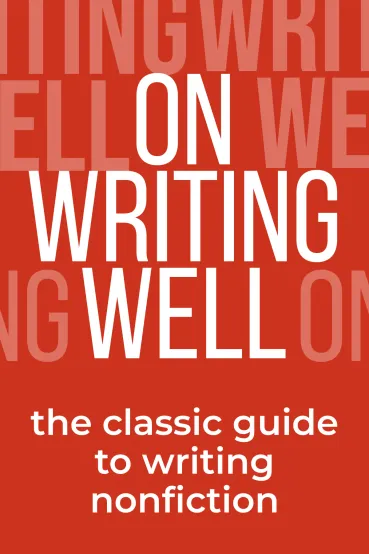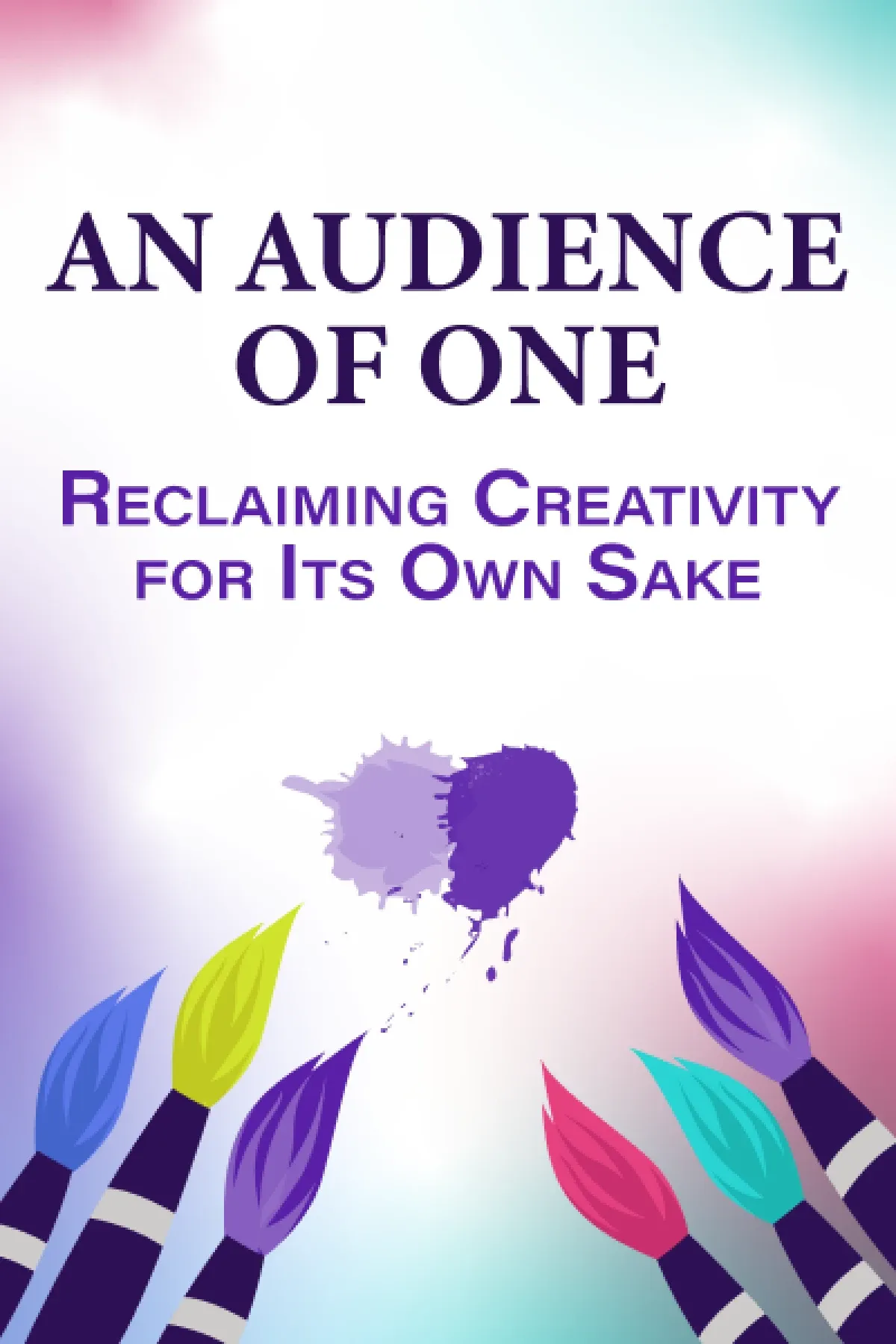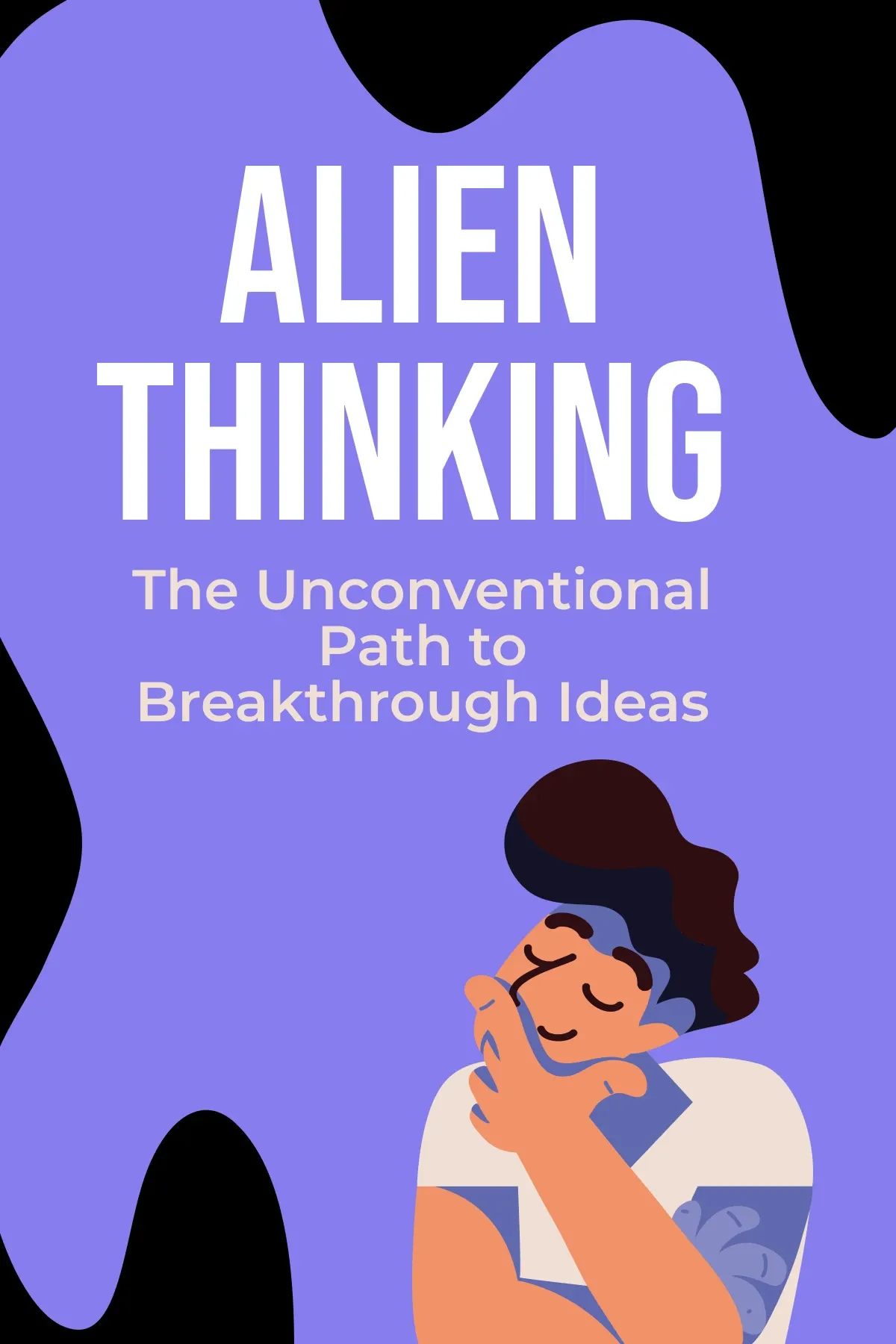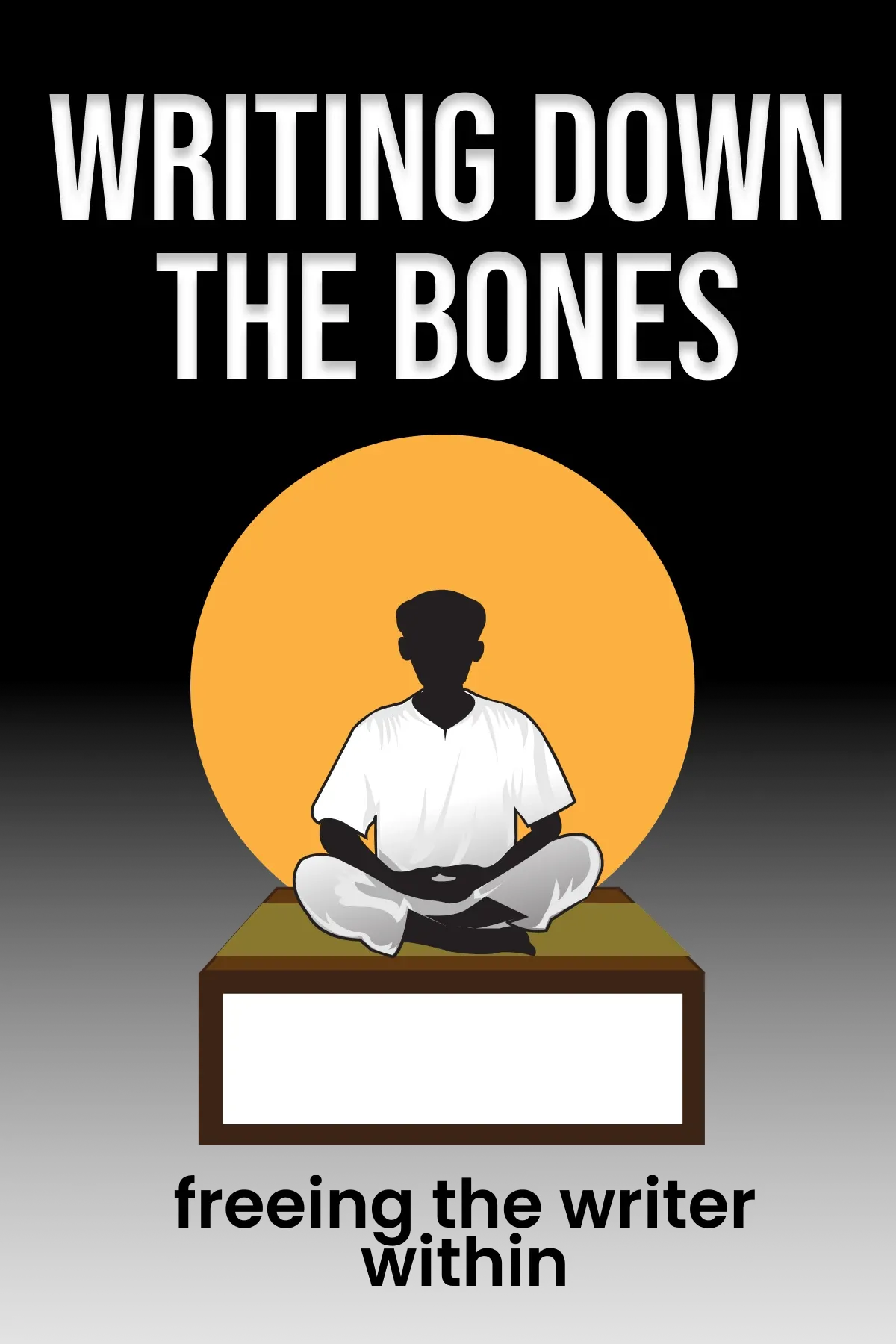
On Writing Well
Brief Summary
Welcome to “On Writing Well: The Classic Guide to Writing Nonfiction”. This insightful guide conveys the essence of effective writing, exploring the interplay of simplicity, word choice, consistency, and narrative engagement. Through a blend of practical advice and philosophical reflection, William Zinsser invites writers to embark on a journey of self-discovery and creative expression.
Topics
Key points
Key idea 1 of 9
Everyone wants to write well. Yet, many don't know that "good" means "simple." Novice writers often attempt to impress by employing complex vocabulary and convoluted sentence structures. The truth is, it doesn't elevate their writing but complicates it for readers. They become not invested or compelled but confused and distracted. To truly excel in writing, one must embrace simplicity.
First, eliminate words with no practical meaning, excessive prepositions, and adjectives. Once you have finished writing, reread it. Ask yourself: Did I get my point across in an accessible way? Try to make your text as clear as possible. Clear writing stems from clear thinking, which requires decluttering the mind. It's not enough to merely add words or complex elements to a piece. Doing so can detract from its clarity. You should always know what you're trying to communicate. That's why you need to eliminate the clutter in your writing.
But what does clutter stand for? Well, "clutter" was the word many corporations used to cover their missteps. After an Air Force missile crashed, they used this wording: "It impacted with the ground prematurely." Another example is a Pentagon statement that called an invasion a "reinforced protective reaction strike." And there are plenty of such cases of "convenient" language.
When the text is "redundant," the reader's attention drifts away. A person is constantly amid many distracting factors. If earlier the sources of distraction were family members, radio, and newspapers, today everything is different. We have TVs, computers, and smartphones constantly receiving various notifications. It's hard to stay focused, as the average human attention span is half a minute.
So, if you constantly lose concentration while reading a book, don't be too quick to blame yourself. Most likely, the writer is the problem. Perhaps the second sentence is not a logical extension of the first. Or maybe the writer has "overloaded" it so much that you lose the meaning? It's their responsibility to convey the message effectively. Writers should also avoid using long words or jargon when simpler alternatives suffice. Clarity should always be the priority, even if it means sacrificing elegance or sophistication in language.
FAQ
You may also like these summaries











